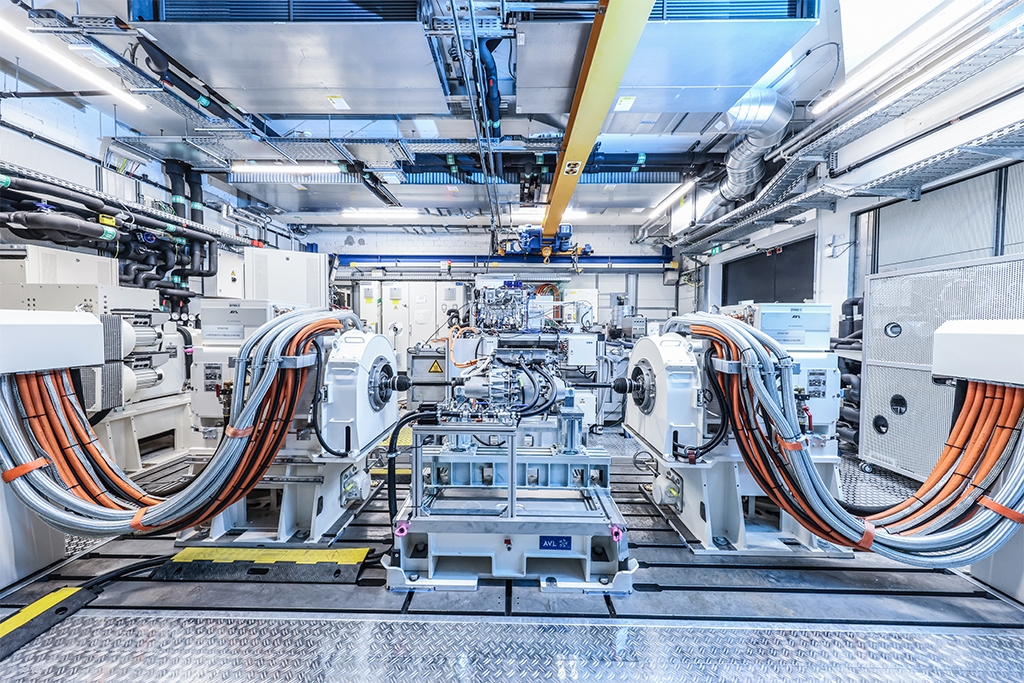Cayenne speeds up project development with virtual testing
22 Sep 2025|92 views
In the development of the new, all-electric Cayenne, Porsche is relying more than ever on digital testing. The marque was able to move directly from digital whole-vehicle testing to pre-series production because the 'construction' stage of testing, which uses individually built prototypes, was no longer necessary. This is because about 120 test vehicles, which are time consuming to build, were largely replaced by digital equivalents.
Simulation and artificial intelligence have radically changed and shortened vehicle testing. This is based on three pillars: Precisely digitised routes ranging from the Nurburgring to everyday traffic, the Weissach engineers' decades of experience from field testing, and the significantly increased computing power of modern systems for real-time simulations.
This enabled the engineers not only to visualise the Cayenne Electric virtually, but also to test it directly a virtual environment. In a development phase in which components are initially available in digital form and can therefore be easily modified, the experts used VR to perform initial tests of the future SUV generation. The results of the digital tests were later verified with test bench tests of real, physical components.
A completely new composite test bench was developed for this purpose. It allows the drive, battery, energy management, and charging systems to be tested together under realistic conditions. The test bench's four powerful synchronous motors can be programmed in such a way that they precisely simulate different road conditions, acceleration resistance, and forces experienced during recuperation and braking. Environmental conditions can also be fully simulated.
As precise as the simulation is, the final tuning is still done by humans, with engineers pushing the all-electric SUV to its limits, be it the freezing cold or the scorching heat. And in both climatic extremes, the Cayenne Electric had to be able to charge quickly without any problems.
Compared to a conventional development strategy, the timescale for developing the Cayenne Electric was reduced by 20%.
In the development of the new, all-electric Cayenne, Porsche is relying more than ever on digital testing. The marque was able to move directly from digital whole-vehicle testing to pre-series production because the 'construction' stage of testing, which uses individually built prototypes, was no longer necessary. This is because about 120 test vehicles, which are time consuming to build, were largely replaced by digital equivalents.
Simulation and artificial intelligence have radically changed and shortened vehicle testing. This is based on three pillars: Precisely digitised routes ranging from the Nurburgring to everyday traffic, the Weissach engineers' decades of experience from field testing, and the significantly increased computing power of modern systems for real-time simulations.
This enabled the engineers not only to visualise the Cayenne Electric virtually, but also to test it directly a virtual environment. In a development phase in which components are initially available in digital form and can therefore be easily modified, the experts used VR to perform initial tests of the future SUV generation. The results of the digital tests were later verified with test bench tests of real, physical components.
A completely new composite test bench was developed for this purpose. It allows the drive, battery, energy management, and charging systems to be tested together under realistic conditions. The test bench's four powerful synchronous motors can be programmed in such a way that they precisely simulate different road conditions, acceleration resistance, and forces experienced during recuperation and braking. Environmental conditions can also be fully simulated.
As precise as the simulation is, the final tuning is still done by humans, with engineers pushing the all-electric SUV to its limits, be it the freezing cold or the scorching heat. And in both climatic extremes, the Cayenne Electric had to be able to charge quickly without any problems.
Compared to a conventional development strategy, the timescale for developing the Cayenne Electric was reduced by 20%.
Latest COE Prices
February 2026 | 1st BIDDING
NEXT TENDER: 20 Feb 2026
CAT A$106,320
CAT B$110,890
CAT C$74,801
CAT E$116,000
View Full Results Thank You For Your Subscription.


























